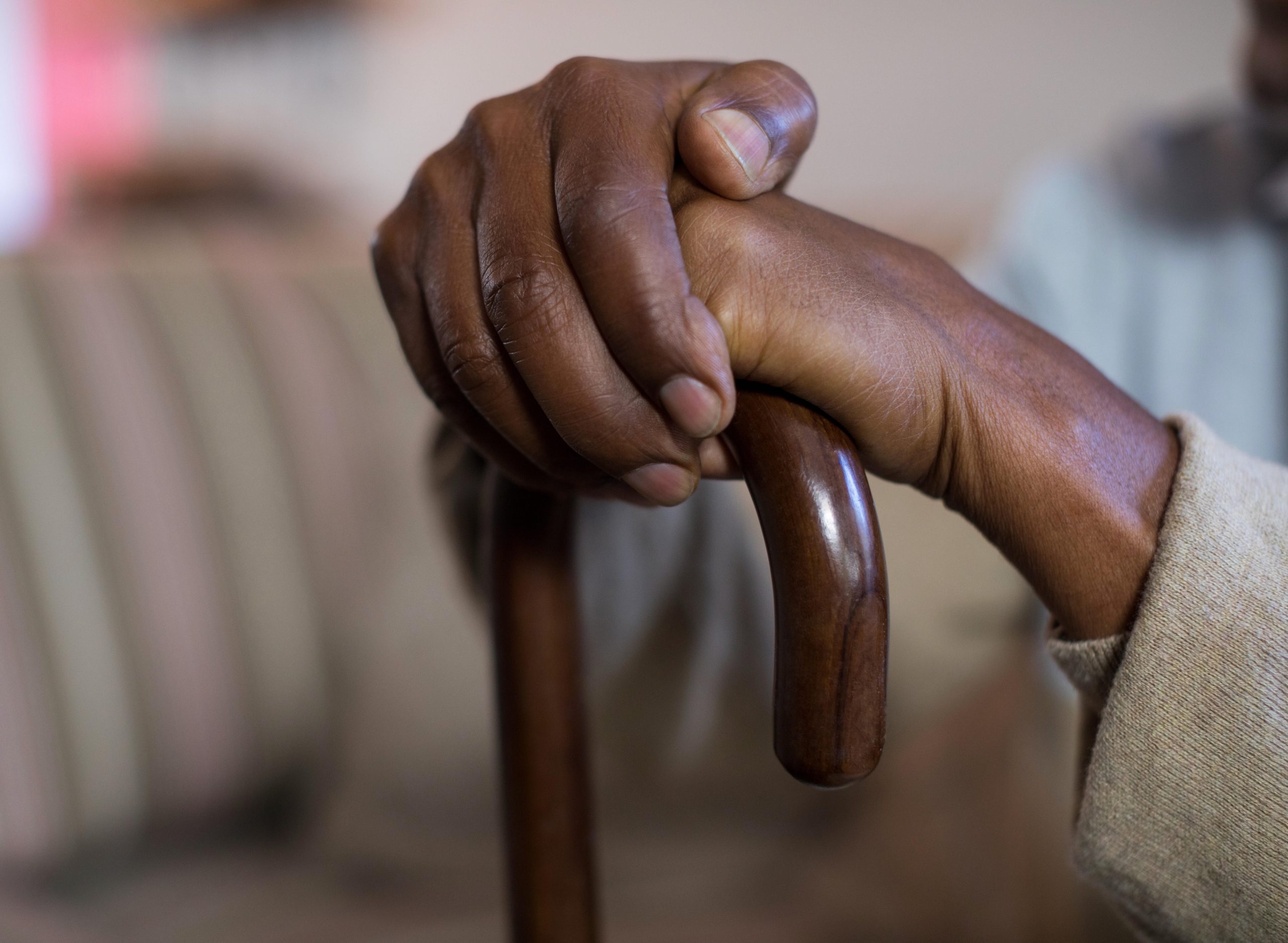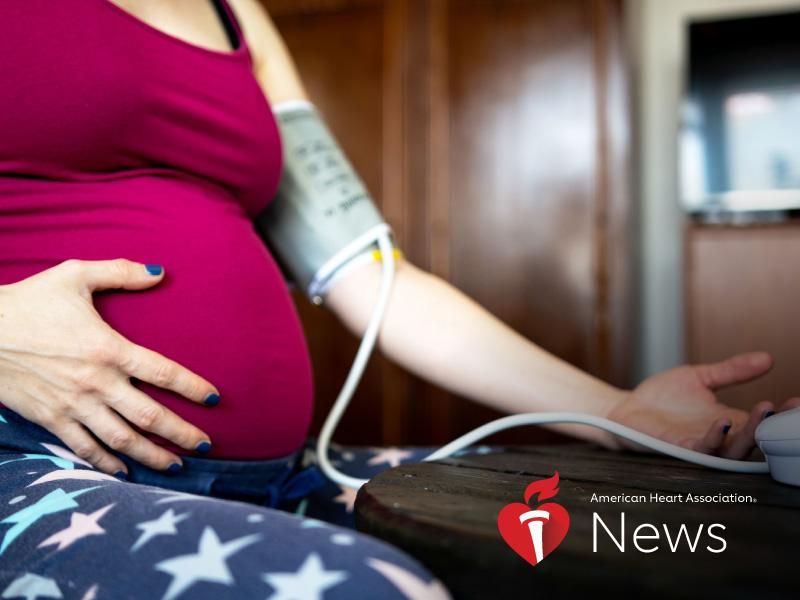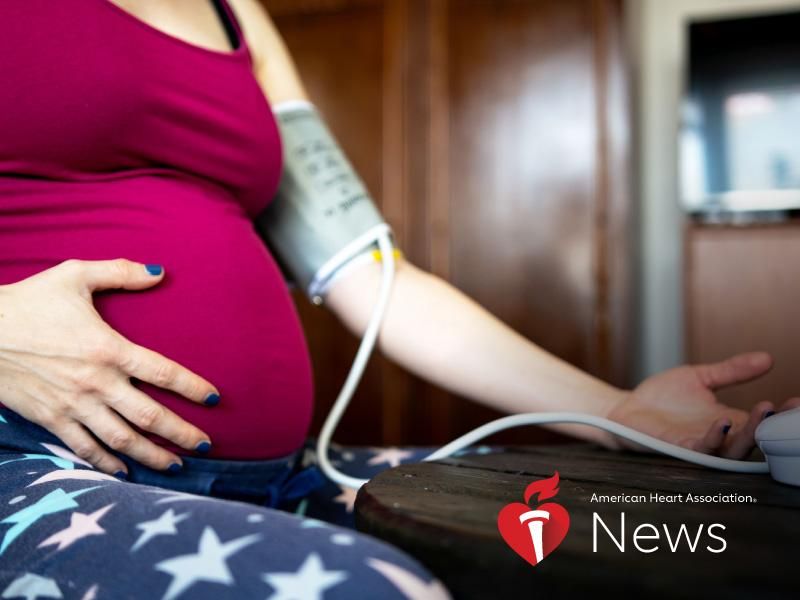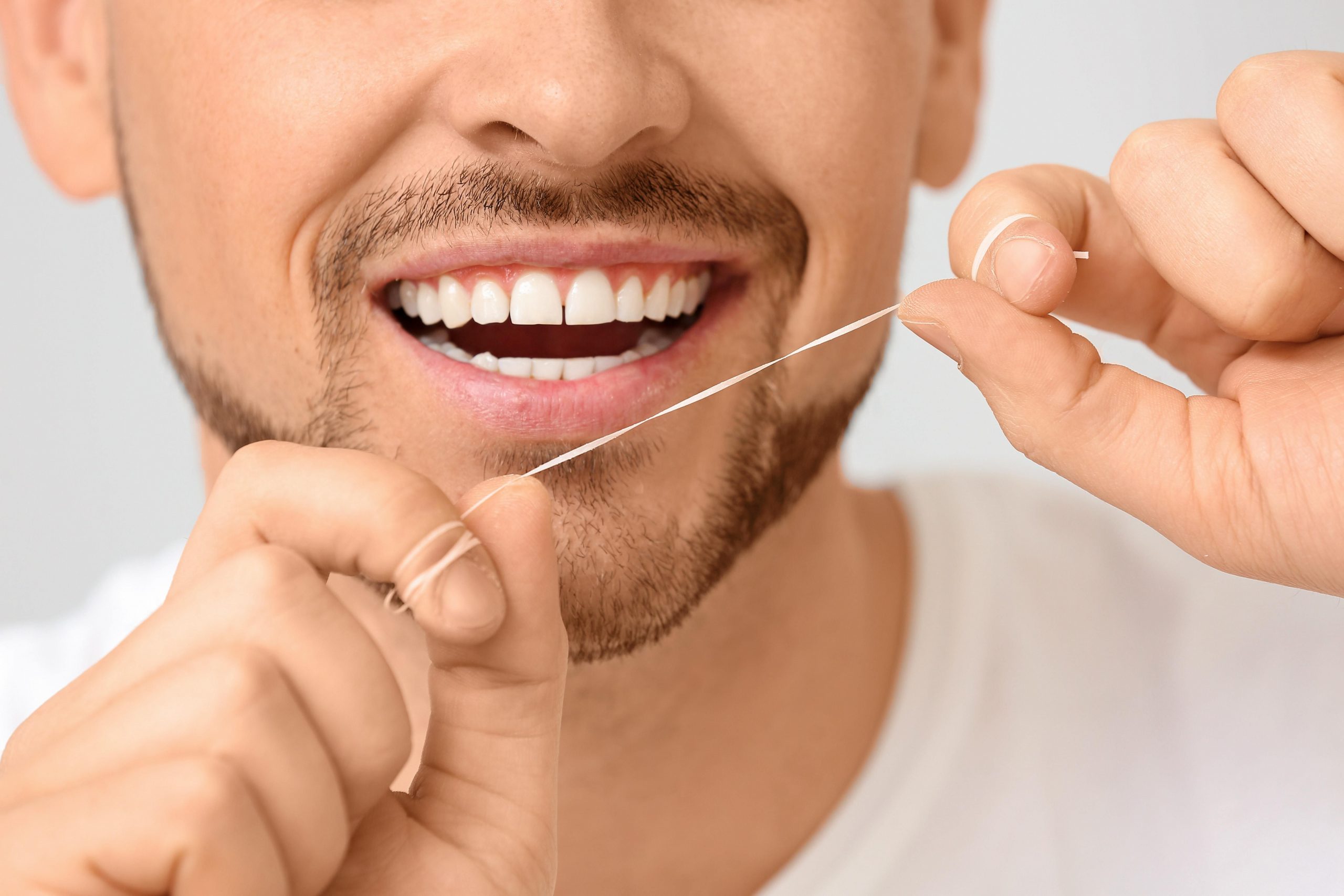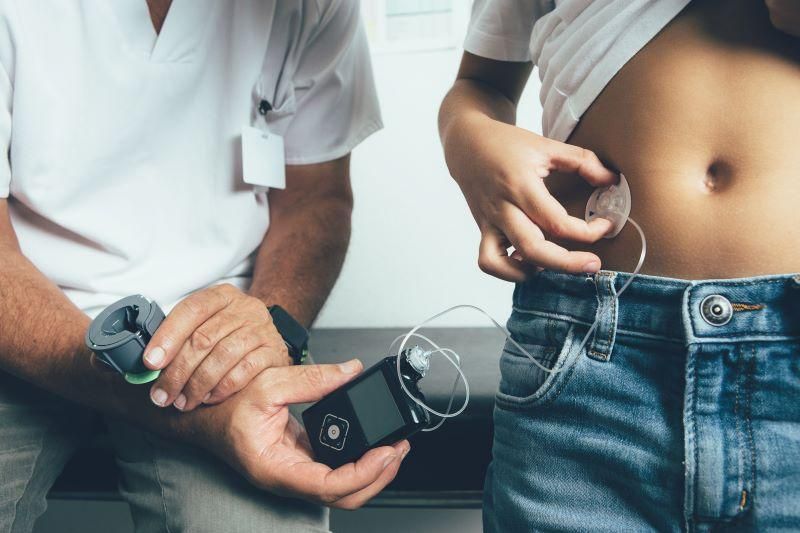
People with health conditions like type 2 diabetes, gestational diabetes or polycystic ovarian syndrome may have been advised about the value of an insulin-resistance diet. But this way of eating can benefit most people interested in balancing blood sugars, whether that’s to help treat or prevent chronic conditions, or just to gain more energy and… read on > read on >














